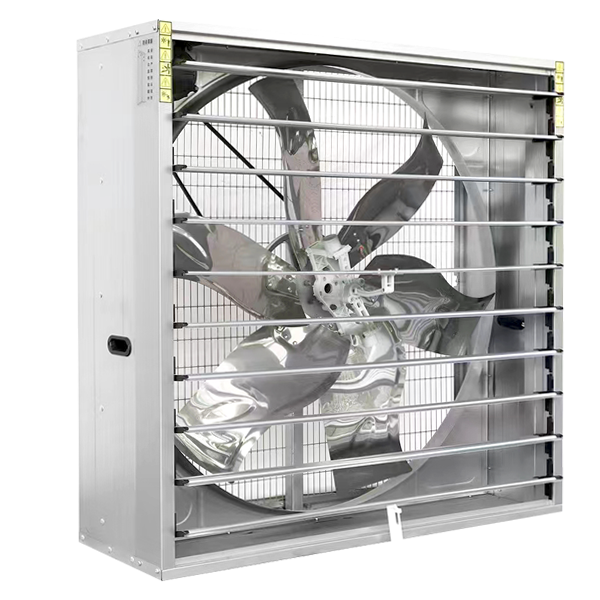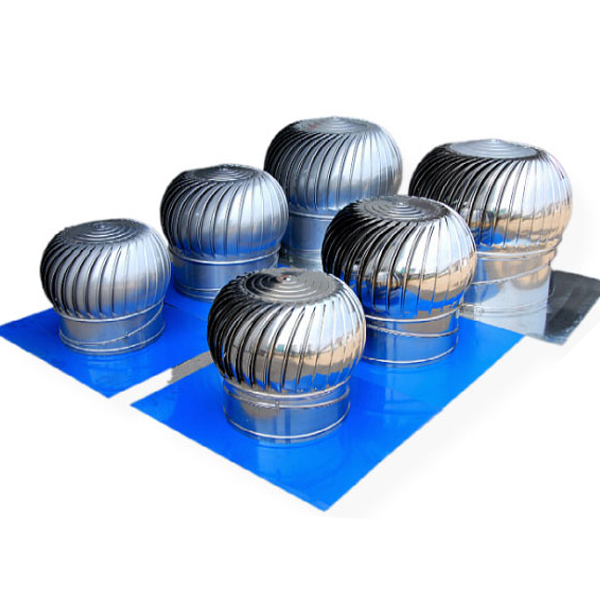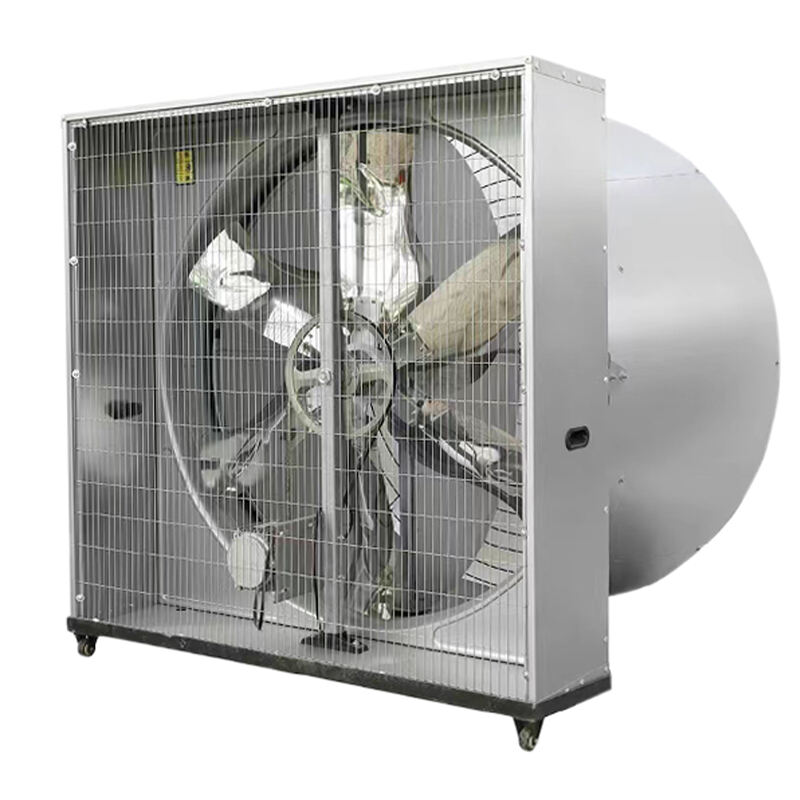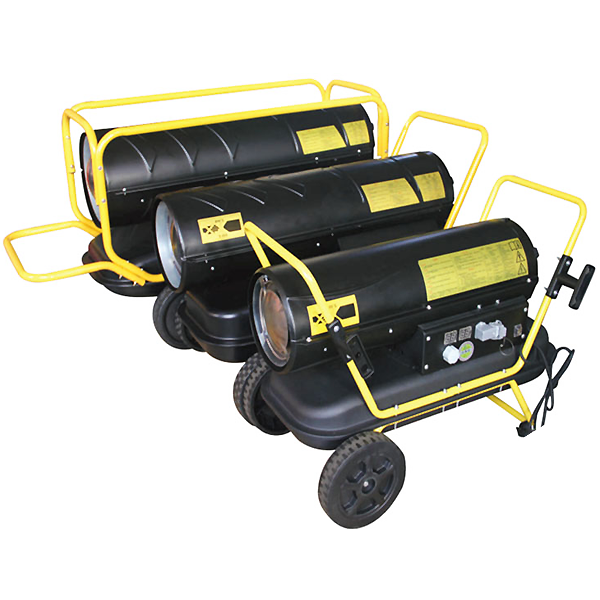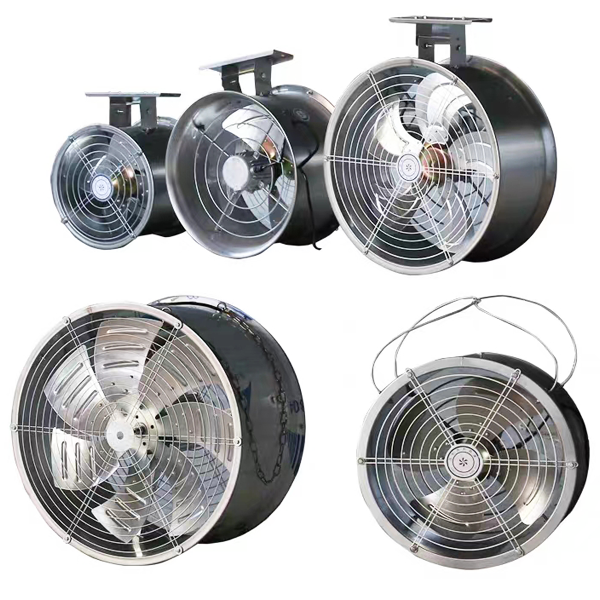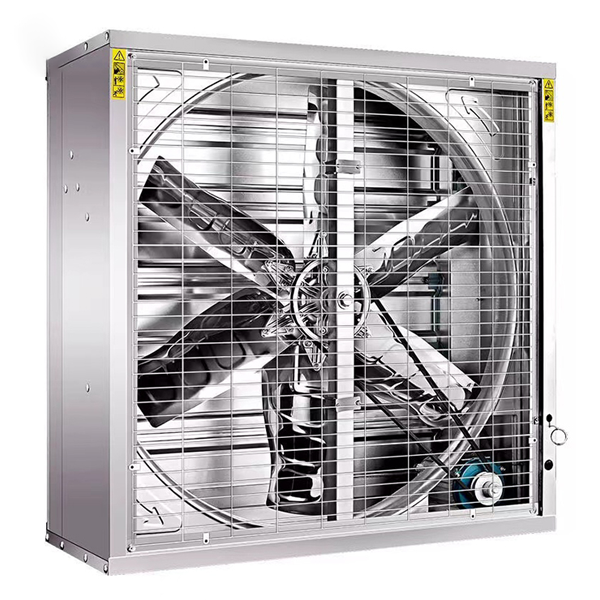silos storage
This is the time when farmers harvest all crops, and they really need to have a protected place for all these things that they have produced. Silos are one excellent method for farmers to store their crops. Silos are big, tall structures that farmers use to store various grains including corn, wheat, and soybeans. Silos help farmers to safely store and transport crops without worrying about the damage.
Silages are used by the farmers for storage of the grains for a good number of reasons. Essentially silos are used to keep the grains fresh and healthy. The grains are dry and are safe from pests like mice, bugs, and insects when they are kept inside silos. This is critical protection that keeps the grains wholesome and edible.
Benefits of Silos for Agricultural Storage
Farmers can make them save a lot of space in their warehouses using silo storage, as well as keeping their grains not going stale. Silos help farmers use vertical space when stacking their grains, so they can conserve precious space on their property. The method allows them to store more grain for the same amount of space.
Farmers deeply rely on silos to help them keep their grains fresh. Because of their storage in silos, the contents are protected from moisture and pests, ensuring the grains remain in good condition for long periods. This is to do with the fact that newly harvested grains are far more useful than those that have become spoiled or infested with insects.
-
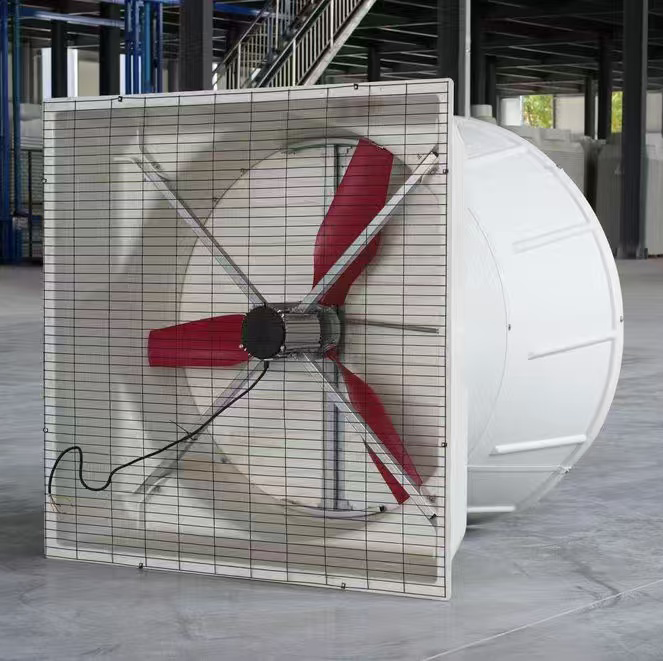
Maximizing Space and Preserving Quality with Silo Storage
Silos can be made out of many various materials but steel is often looked at as the best material choice. Steel silos are robust and stable, and can endure severe weather storms and high winds, heavy rain, and hail, not to mention snow. This durability is significant because it prevents the the elements from getting into the grains stored inside.
-
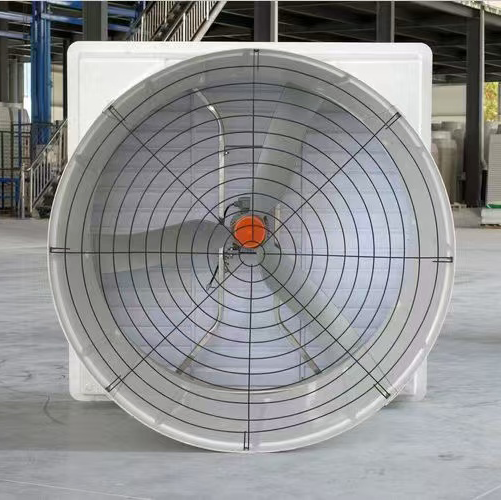
Why Steel Silos are the Preferred Choice for Bulk Storage
Another reason why silos are made of steel is that it is fire-resistant. This is particularly crucial because the grains themselves can be combustible — and fires can ignite over improperly stored grains. Steel enables farmers to minimize the chances of incurring a combustible loss to ensure that their grains remain safe.
-
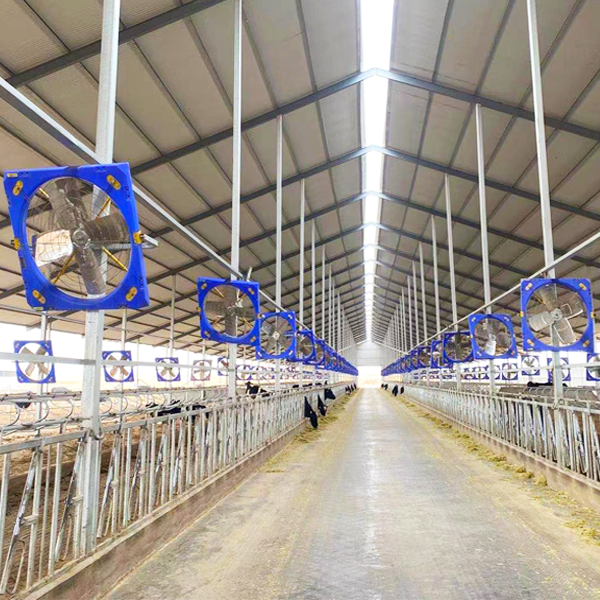
Managing Grain Silos for Improved Crop Yield and Profitability
Grain silo maintenance also involves monitoring the temperature and humidity within the silo. Excessive temperature or humidity with regard to grains may result in spoilage. Farmers have many different tools and sensors they can use to monitor the conditions inside the silo and to make adjustments, if necessary, to keep their grains as safe and fresh as possible.
Not finding what you're looking for?
Contact our consultants for more available products.
Request A Quote Now
Get in touch


Copyright © Qingzhou Boost Temperature Control Equipment Co., Ltd. All Rights Reserved - Privacy Policy
